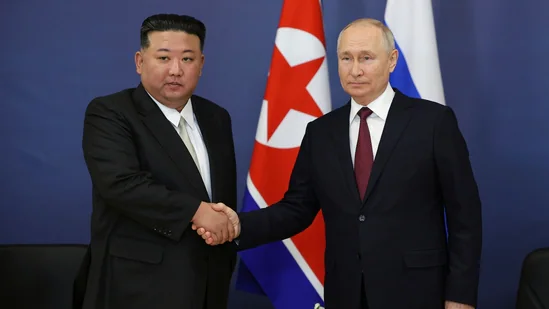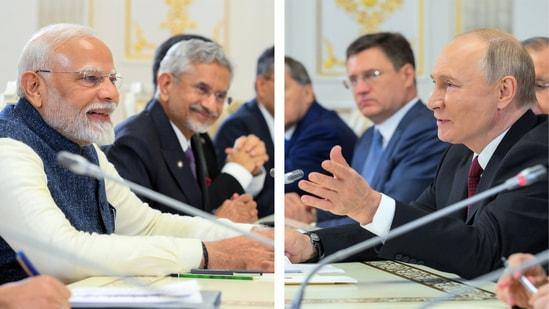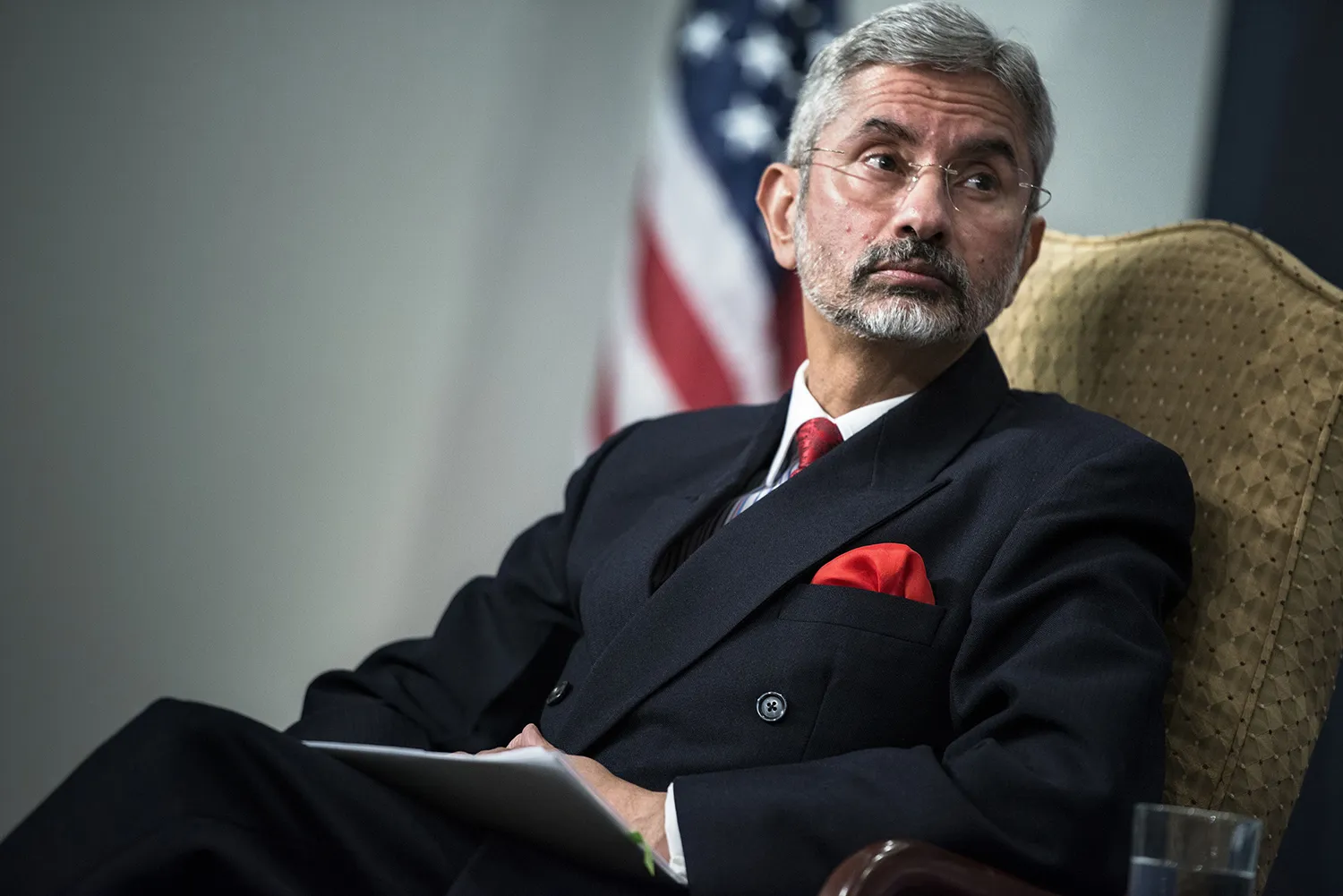Israeli Prime Minister Benjamin Netanyahu’s speech to a joint session of the United States Congress today was marked by controversy and protests, as high-profile Democrats boycotted the event to protest Israel’s military actions in Gaza.
Several prominent Democrats, including Kamala Harris, the presumptive Democratic nominee for president, were notably absent, citing scheduling conflicts despite traditionally presiding over such speeches. Netanyahu faced anti-war demonstrators outside the Capitol, highlighting the deep division over Israel’s military campaign in Gaza.
In his address, Netanyahu fiercely defended Israel’s actions, characterizing the conflict as a battle between “barbarism and civilization” and praising the US Congress as a bastion of democracy. He condemned critics for what he called “outrageous slanders” against Israel, alleging attempts to delegitimize the country and its people.
The Israeli leader sparked controversy by mocking LGBTQ activists who support Palestinian rights, likening them to chickens supporting Kentucky Fried Chicken. Representative Rashida Tlaib, critical of Netanyahu’s policies, protested inside the chamber, wearing a keffiyeh and holding a sign calling him a “war criminal.”
Netanyahu, facing allegations of war crimes by ICC prosecutors, accused pro-Palestine demonstrators of standing with Hamas and other extremist groups. Outside, police deployed pepper spray against protesters as tensions escalated.
During the speech, several relatives of hostages held in Gaza walked out in protest, underscoring the personal and emotional toll of the conflict. Netanyahu also praised President Joe Biden for his support, citing Biden’s swift condemnation of Hamas as “sheer evil” and his deployment of military assets to deter further escalation.
Adam Abusalah, an Arab-American activist, condemned Netanyahu’s appearance, calling it a “disgrace” amid widespread opposition to his policies in America.
Netanyahu concluded by reiterating his commitment to securing the release of captives in Gaza and defending Israel’s actions as crucial for regional security.
The controversy surrounding Netanyahu’s address reflects deepening divisions over US-Israel relations and the Middle East conflict within American politics.











